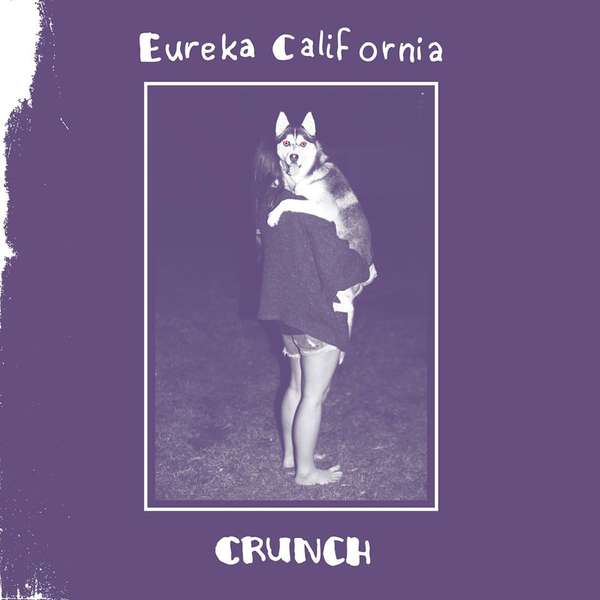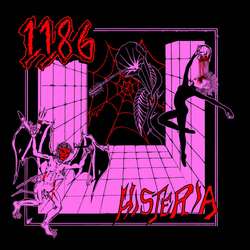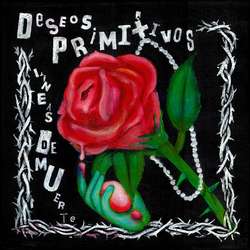When I hear the phrase “indie rock,” I think of about 4-5 things: Pavement, The Pixies, maybe Weezer, glasses, skinny guys, and bizarre instrumentation or time signatures. Some of that (queue the ‘90s references there) is due to my age, as the former part of that description is a bit more rock oriented than the latter. That former part of my name game associations is also apt for Eureka California, a band I know little about and picked up from my mailbox mostly because of the, er, eye catching cover art.
When I hear Eureka California, I hear the aforementioned genre gods, and a bit of Athens, GA in there too. It’s slacker rock that’s defined by caterwauled vocals and tongue-in-cheek witticisms. It’s far from “alt rock,” whatever any of these terms mean, in that it plays to a different set of people, a smaller room, and is generally a bit more learned. It’s built on guitar hooks and turning the volume dial up, evidenced well with the great intro chops to “This Ain’t No A-Side,” and the similarly repetitive and punchy “No Mas.” Both of those titles should also give the general vibe of the lyrical tone within.
The songs are driving and emphatic, less focused on time signatures and abstractions and more focused on the power of song. That is well exemplified in the very first song “Edith (One Day You’ll Live in a Bunker)” and second track “No Mas,” which uses familiar phrases from nursery rhymes, cultural references such as a flying Dutchman, and start/stop dynamics to keep the song more forward and powerful. While the “all the king’s horses/ and all the king’s men” line works here, it also treads dangerous ground that nears cliché. That summary is apt for Crunch as a whole. The band successfully straddles that familiarity line even on first listen, managing to sound just unique enough to stand out in the process. The lyrics are self-aware, sometimes glaringly so.
The songs where the guitars are pushed back in the mix works to their benefit, bringing the percussion more forward, as in “Sneaky Robby.” There’s less crunch to the song but more toe-tapping sway and less predictability. The same applies to “#1 in the State,” in which vocalist Jake Ward’s soft and wavery vocals convey vulnerability that builds into the more positive-vibed chords that carries most of the band’s sound.
Somewhat reminiscent of Jad Fair in style, the vocals can drain energy depending on the song’s tone. “Art Is Hard” sounds whiney and repetitive, in part because of the limitations of his delivery, which has a touch of the complainy already so, when the lyrics turn toward the more negative, it piles on fast. It’s a trick that works to stand out from the pack, but it also gets old a little fast. Enjoyment of Crunch is going to hand on how long you can handle the voice.




